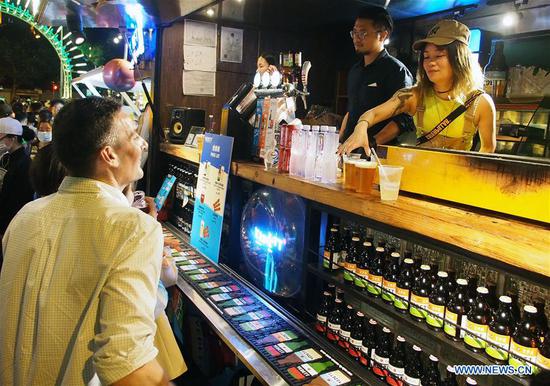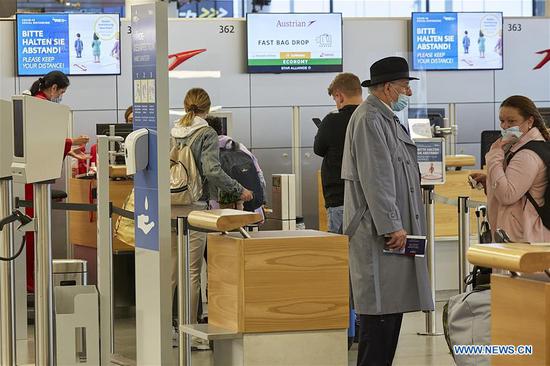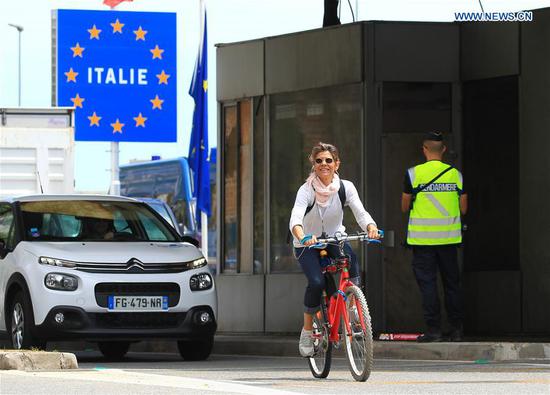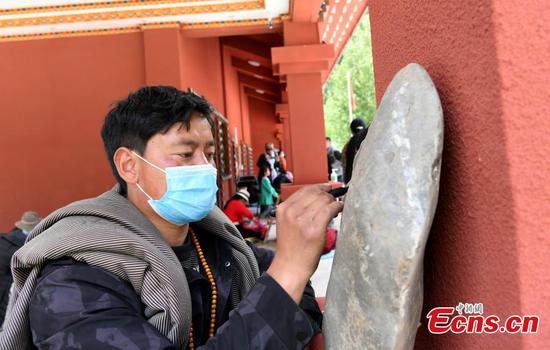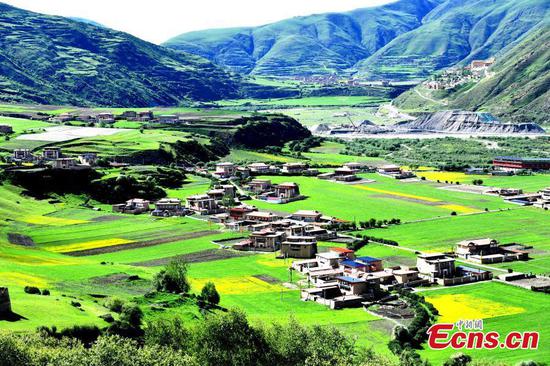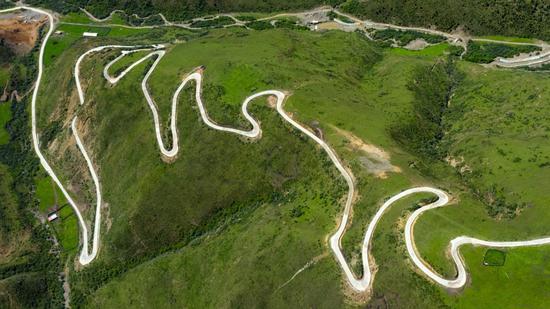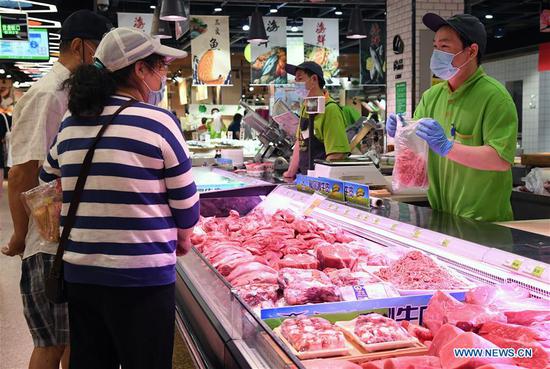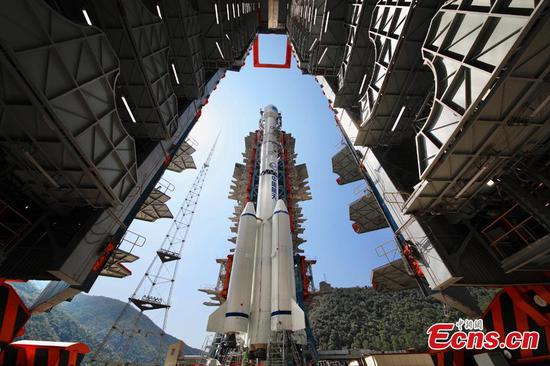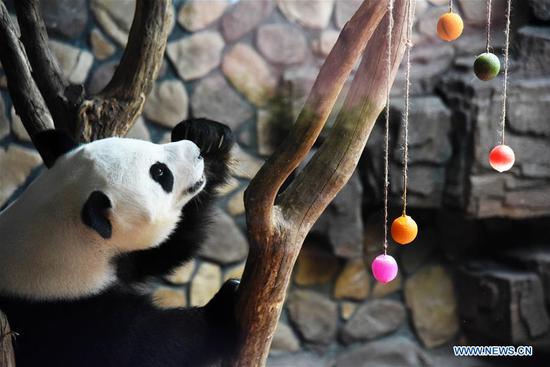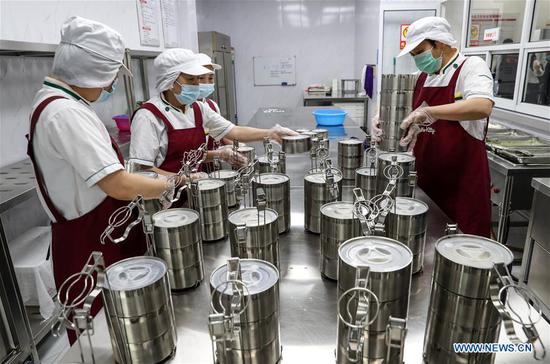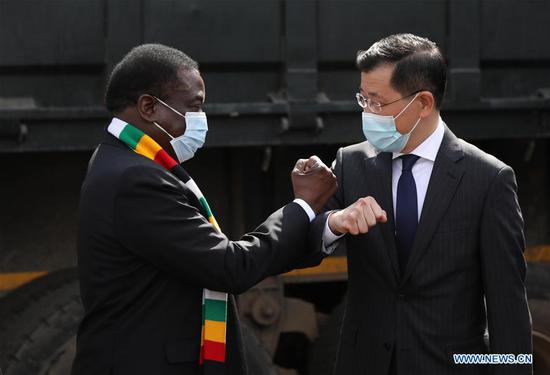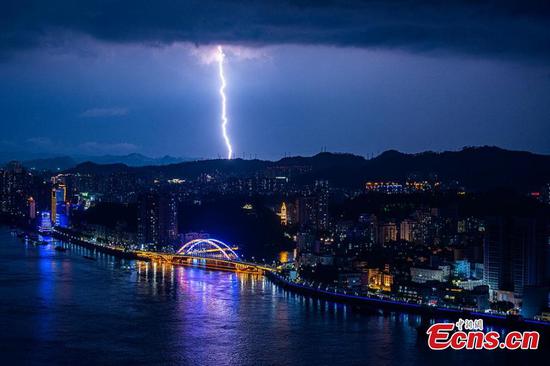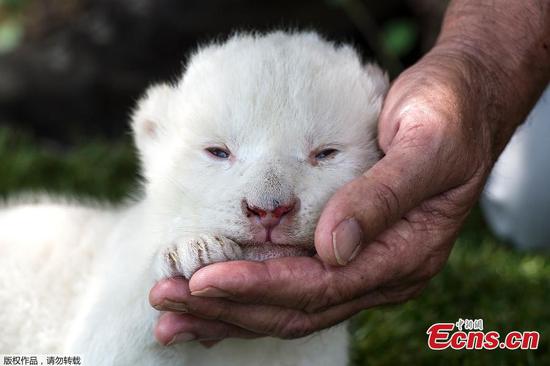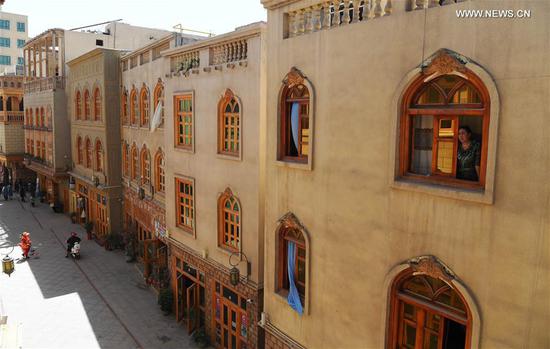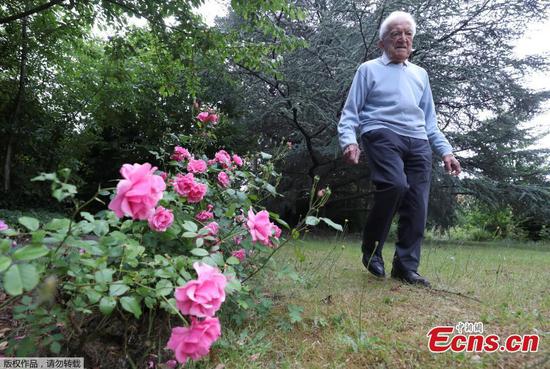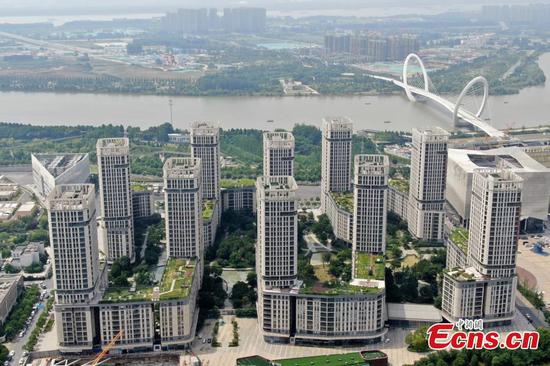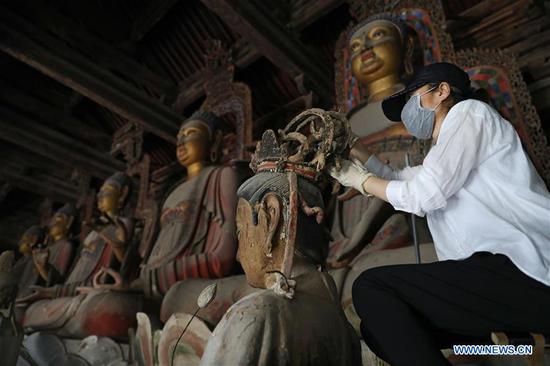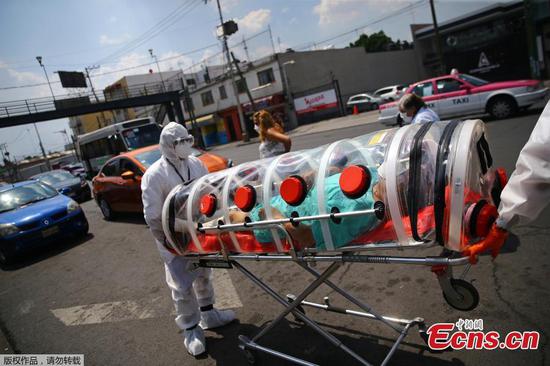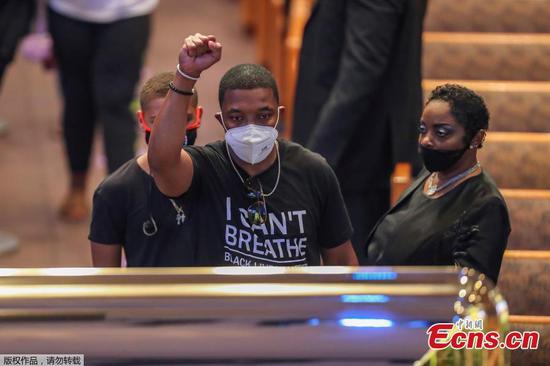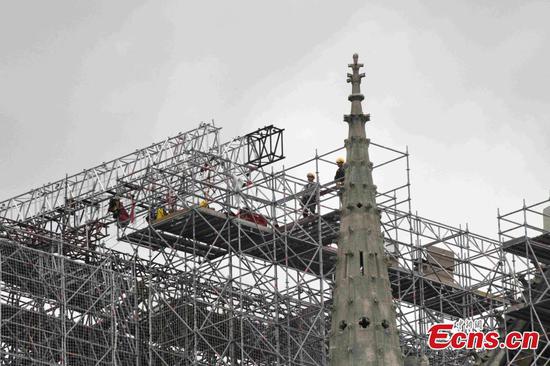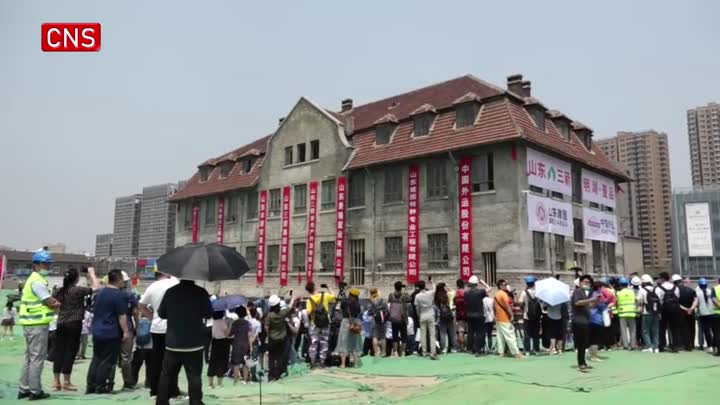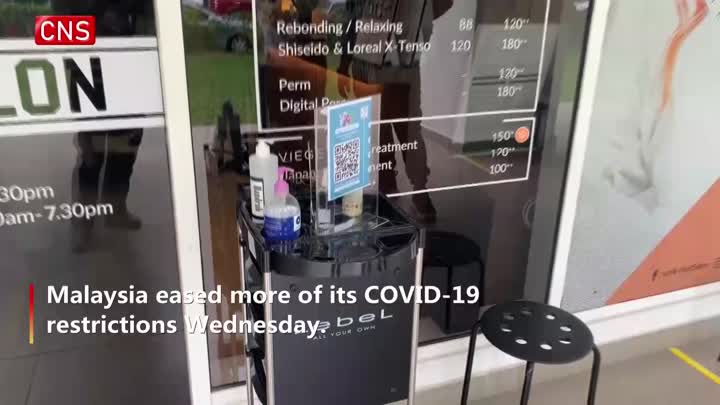Thousands of protesters in Tokyo took part in a "Black Lives Matter" march on Sunday, calling for an end to racial discrimination and police abuse after the killing of African American George Floyd in Minneapolis last month.
Demonstrators marched through streets of the capital chanting and holding up signs spelling out slogans such as "Racism Is A Pandemic" and "No Justice No Peace".
"It is not enough to just send our prayers," said Shu Fukui, a 22-year-old university graduate. "We need to change society, not only for George Floyd, but also for those who died in the past."
Organizers said 3,500 people took part in the protest. The police did not disclose their estimate.
In a country where more than 90 percent of the population belongs to the same ethnic group, Japan has always been reticent about dealing with diversity. However, as a growing number of foreign residents have poured in, the nation is now trying to understand the "Black Lives Matter" movement and grapple with its own history of discrimination.
Among the issues Japanese society grapples with is "hafu", which comes from the English word "half" and is used to refer to the offspring of marriages between Japanese and non-Japanese.
"What's going on in the US isn't someone else's problem, and I want to raise awareness here in Japan too," said Ayaka Brandy, a 23-yearold protester whose mother is from Japan and father from the Democratic Republic of the Congo.
Ayaka said she had faced prejudice and discrimination since she was a child.
"People used to say my father looks scary. And they look at me and say whatever they want based on their own stereotypes of people with dark skin. It's so irritating," Brandy said. "If more people understand this, fewer people like me will be hurt."
Protests have gripped the US and spread around the world since footage from May 25 showing a white police officer kneeling on Floyd's neck to pin him to the ground for almost nine minutes went viral.
In Atlanta on Saturday more protests erupted after a black man was shot dead by police as he tried to escape arrest. Demonstrators shut down a major highway and burned down the Wendy's restaurant where he was killed.
Some protesters at the Tokyo march said Japan needed to own up to its own problems with race.
"In Japan, there are far-right people who discriminate against other races. And Koreans and Chinese in Japan are exposed to a lot of hate speech," said Naho Ida, 44. "These things must not be allowed and we need to oppose this."
Public broadcaster NHK last week apologized and deleted from its Twitter feed an animated video about the US protests that sparked online outrage for its depiction of African Americans.
Agencies contributed to this story.









